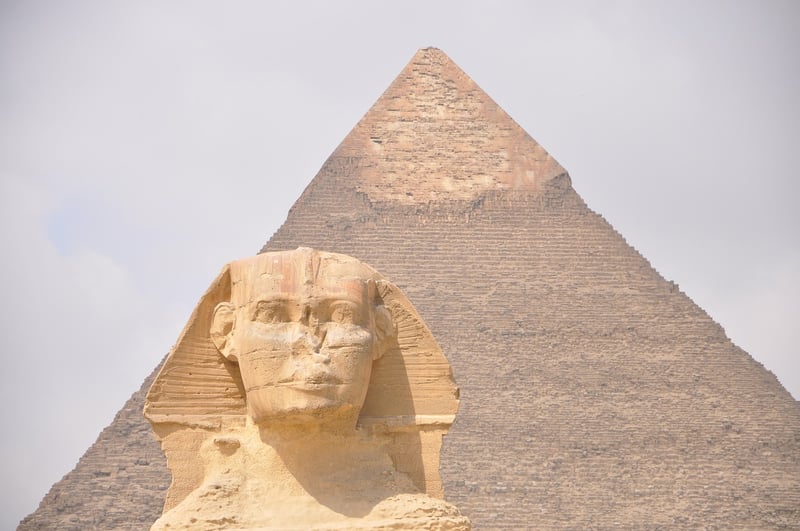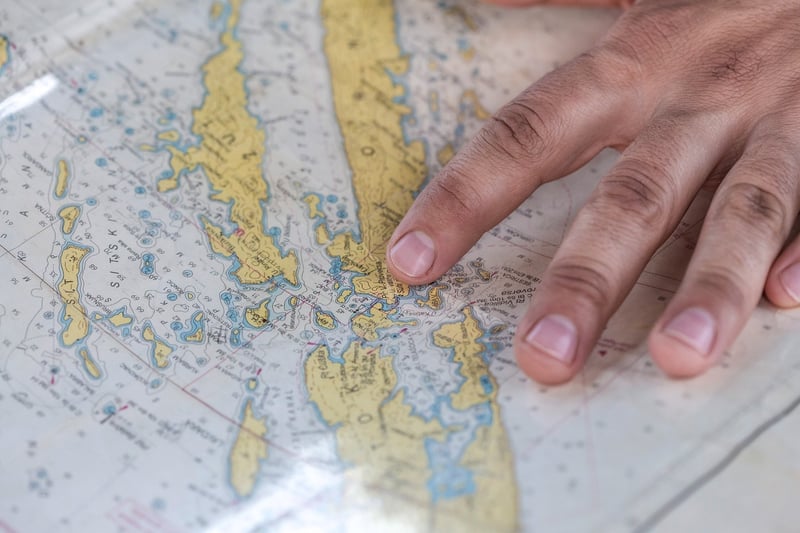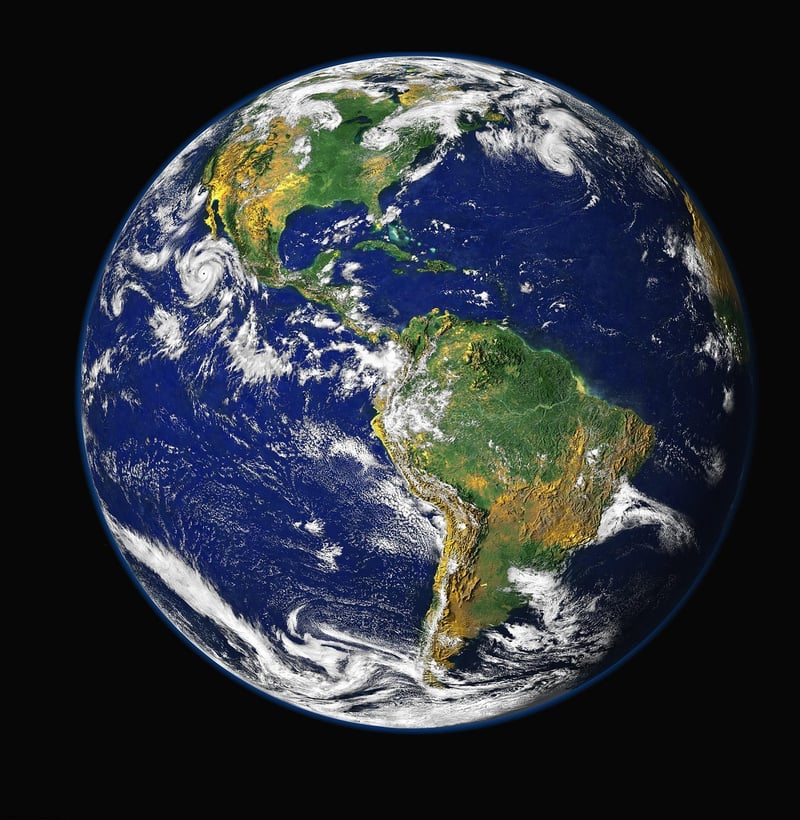Future Exploration
Exploring Time Periods and Future Exploration
Introduction
Exploring time periods allows us to delve into the past, understand our present, and even speculate about the future. From ancient civilizations to space exploration, each era offers unique insights and lessons. Let's journey through different time periods and contemplate future exploration.
Ancient Civilizations
Ancient civilizations like the Egyptians, Greeks, and Romans laid the foundation for our modern world. Their architecture, art, and innovations continue to inspire us today. By studying their ways of life, we gain a deeper appreciation for human ingenuity and cultural diversity.

The Middle Ages
The Middle Ages marked a period of great change in Europe, with the rise of feudalism, the spread of Christianity, and the flourishing of art and literature. Exploring this era helps us understand the roots of modern society and the complexities of medieval life.

The Age of Exploration
The Age of Exploration saw European sailors venture into uncharted waters, leading to the discovery of new lands and cultures. This era shaped global trade, colonization, and the exchange of ideas, paving the way for the interconnected world we live in today.

Modern Times
From the Industrial Revolution to the Information Age, modern times have witnessed rapid advancements in technology, communication, and globalization. By exploring recent history, we can analyze the impact of these changes on society and envision the possibilities for the future.

Future Exploration
Looking ahead, future exploration holds the promise of space travel, artificial intelligence, and sustainable living. Whether it's colonizing Mars, developing renewable energy sources, or enhancing human capabilities through technology, the future is full of exciting possibilities waiting to be explored.
As we reflect on different time periods and anticipate future exploration, let's embrace the spirit of discovery and curiosity that drives us to seek new horizons and expand our understanding of the world.
